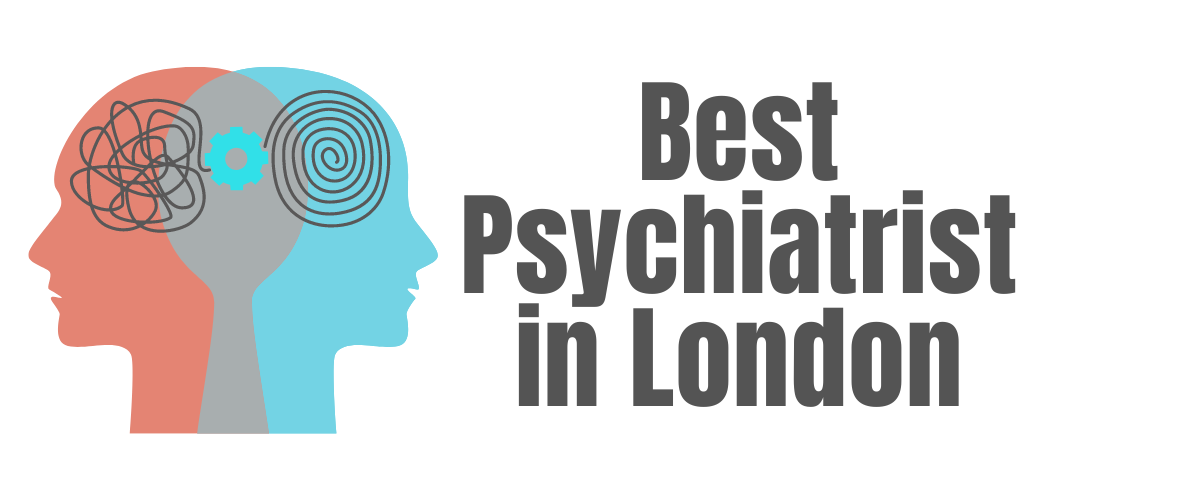
Dr Jeremy Beider
I have a Master’s Degree in Behavioural Sleep Medicine. I am very interested in the clear links between sleep-wake function and emotional health and well-being.
I have a good understanding of the different psychotherapeutic, psychological, and related treatment modalities available and will always attempt to provide helpful guidance to an individual or family on the types of therapy that may be helpful and the therapists I regularly work alongside whom they may build a strong therapeutic alliance with. I am Section 12 approved, I have Approved Clinician Status, and regularly provide Medicolegal Services as an independent expert.
John Steinbeck in his novel, East of Eden writes, “..I believe: that the free, exploring mind of the individual human is the most valuable thing in the world.” There is something about this idea that really speaks to me.
An open mind underpins my approach to the patient-doctor encounter and whilst I may bring my knowledge and prior experience to the therapeutic space, there is, by virtue of the nature of the encounter, higher value still, in the thoughts, emotions, experiences, and needs of the person, couple or family I find myself with.
A mutual attitude of learning: contributed to by both patient and doctor, with prior knowledge and experience from both, coexisting, alongside an openness to the possibility of hope, renewal and change, allows positive gradual and consistent progress to evolve. This, with one more very important factor – the power of time to facilitate change, both within the clinical encounter, and over the course of the treatment pathway allows for wonderful realities to unfold. This essentially, is what I have learned and it is this approach that I try to bring to my clinical practice.
It is my personal clinical experience that many emotional and behavioural difficulties are treatable. It is my experience that distressing symptoms respond to treatment and prognostic trajectories are alterable and I relay this to the individuals and families I work with, attempting to describe how things will be, how the particular interventions will help and the time frames that may be involved.
Counter-intuitively, or so it seemed earlier on in my career, it has always been my experience that the correct medication or combination of medications, at the right dose or doses, and with the correct dosing schedule, alongside other interventions, can be transformative. It seems almost unbelievable that a ‘pill’ should somehow be able to affect distressing or dysfunctional feelings, thoughts or behaviours, but there is a clear evidence base when looking at the response of large numbers of individuals to psychotherapeutic, psychological, psychosocial and medical treatments, that these interventions do work.
Finding the right medication or combination of medications, hinges on a grasp of the underlying issue and is an art learned over many years, of listening, observing and understanding. An appreciation for the wide number of pharmacological options available, the impact of dose and dosing schedule, and a feel for the underlying malfunctioning neural circuitry, as manifested in the patient’s experience of themselves and their world leads to prescribing that is efficacious and helpful. Being mindful that a cost-benefit analysis of the medications and dosages prescribed must always take place, and being able to sensibly approach and manage side effects improves the overall benefit associated with any pharmacological intervention.
That medication or talking therapy may help may seem counterintuitive or beyond comprehension, and yet it is true and we continue to make progress with our understanding of how medical and talking interventions work to alter underlying neurobiological realities, our understanding of how our incredibly complex minds function, how and why difficulties can arise and how positive transformation is possible, experientially and at the neuronal system, circuit, cellular and sub-cellular level.
When I am with an individual, a couple or a family of interconnected individuals, I try to really listen as they articulate their experiences and difficulties. A conversation unfolds and an understanding of the situation, and the changes they hope will materialise, emerges. On a good day, – and I would hope that this is most of the time – I have the sense that I do really hear where a particular individual is at, and that I am able to gain some understanding of what it is they are experiencing, and the difficulties they feel they face. I bring my knowledge base and clinical experience but create room for as many frameworks and narratives as possible that the person I am with brings, taking into account genetic, developmental, social and psychological factors, involving family members when there is consent and it is appropriate to do so and most importantly working within the world that the individual I am with inhabits.
General Info
- Clinics Name: Psymplicity
Practice Details
- Google Map Location:
-

